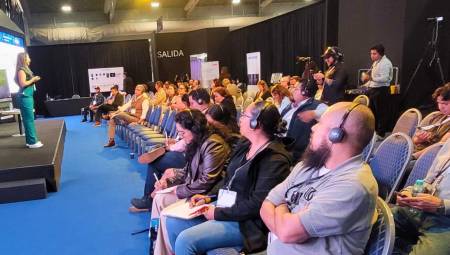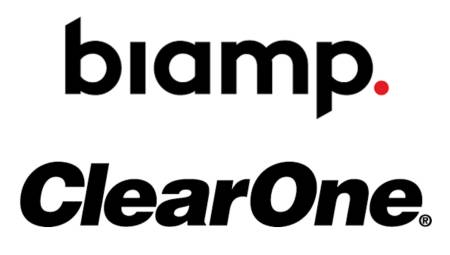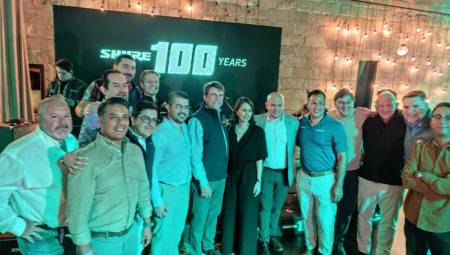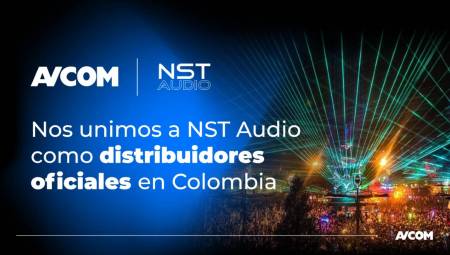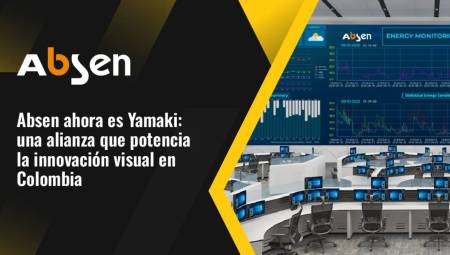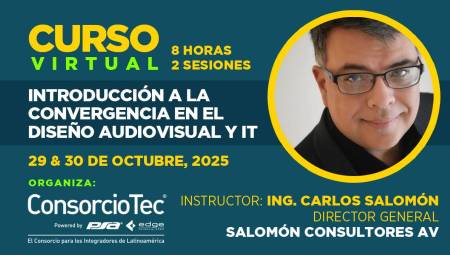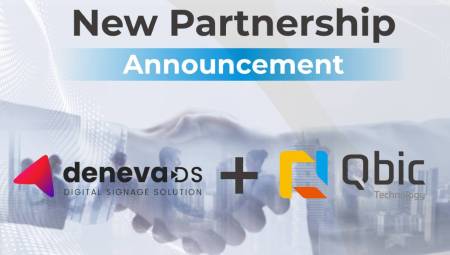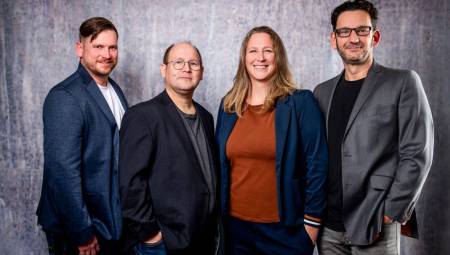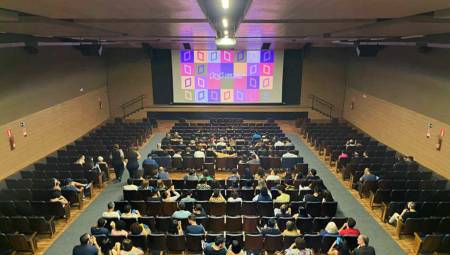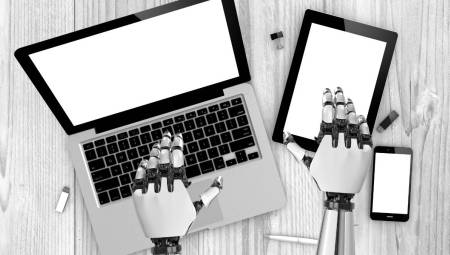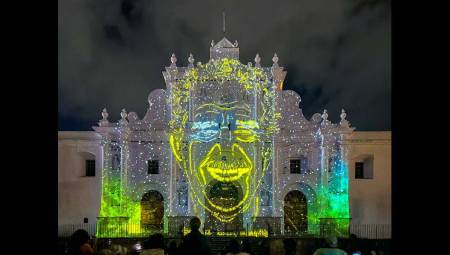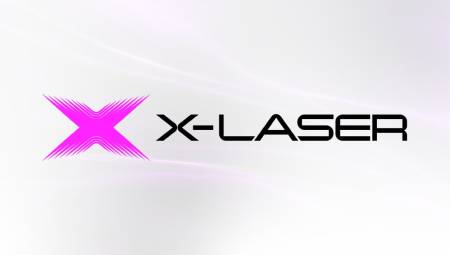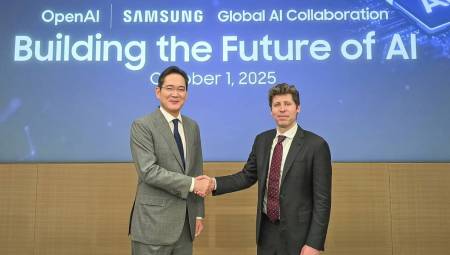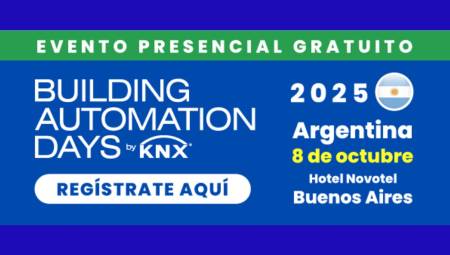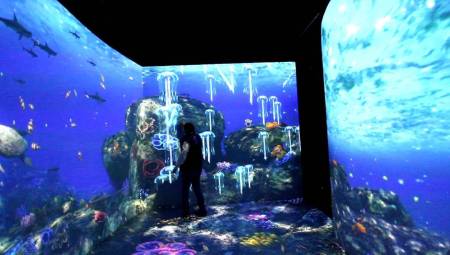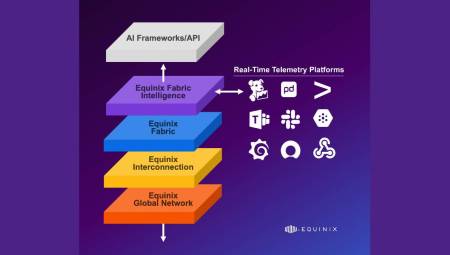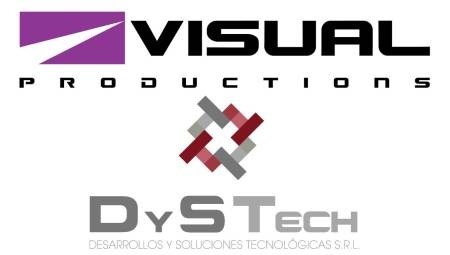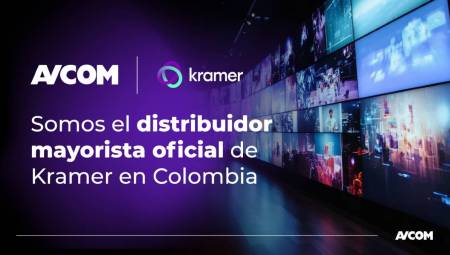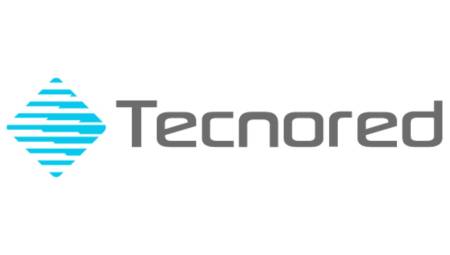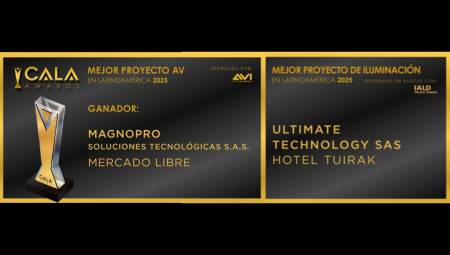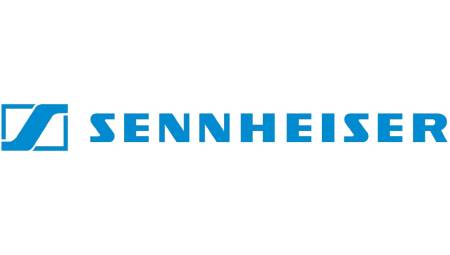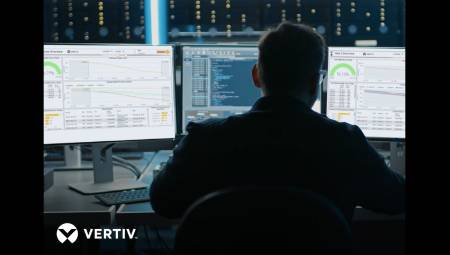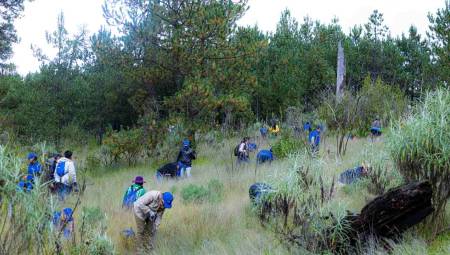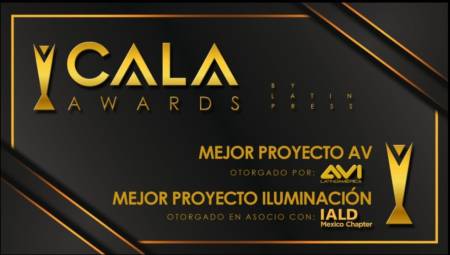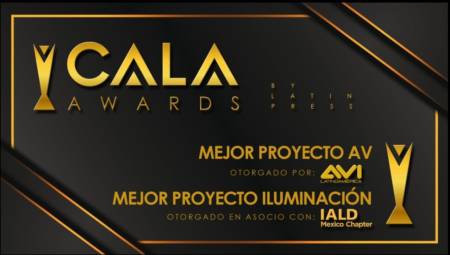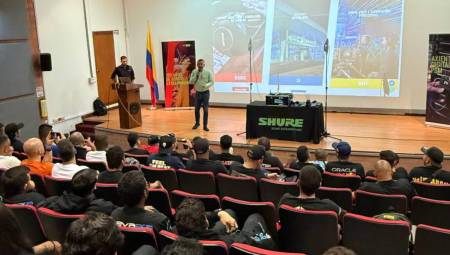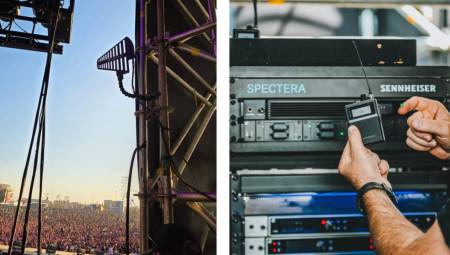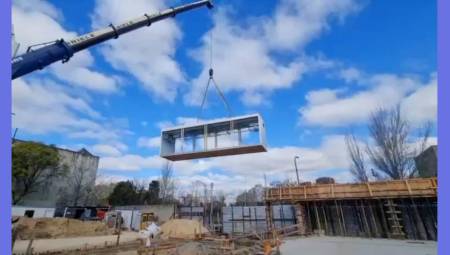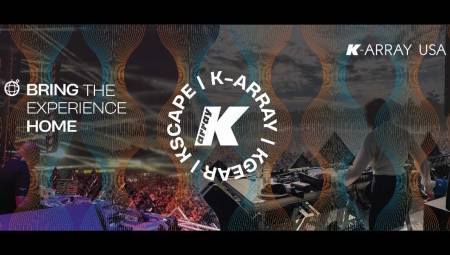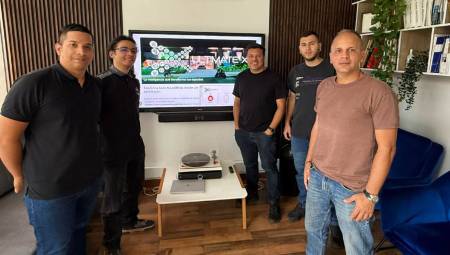Latin America. A report promoted by the UOC's eLearning Innovation Center (eLinC), prepared by the digital transformation analyst, Marc Cortés, offers clues to understand the impact that the irruption of the metaverse will cause in the field of education. The document is published in open in the University Library.
The metaverse is one of the aspects that generate more debate in the digital world. The eLinC report breaks it down in detail with the aim of understanding its background, current circumstances and the set of possibilities that open up with the application of this technological innovation in education.
Background: technological dependence and video games
The latest initiatives of companies such as Facebook or Microsoft linked to exploring the metaverse put on the table the interest of adopting this technological novelty, in line with the reports that indicate that it is a technology of the future and that it can succeed among young people.
An analysis by The New Consumer in 2021 states that 45% of people who are part of Generation Z feel more identified with themselves in an online context. On the other hand, research by Wunderman Thompson shows that, for 76% of the people surveyed, life and daily activity depend on technology.
Video game companies – which have become the antecedent of the most important metaverse of the present moment – have been fundamental in building the foundations of the current situation. Video game platforms, a daily meeting place for millions of users, have served to normalize the use of avatars. Data on Roblox indicates that users between the ages of 15 and 25 create more messages within this platform than on WhatsApp.
Metaverse and education: fourteen reflections
The educational technology sector is growing unstoppably in the Latin American and Carible region. According to a report by the IDB and the Holon IQ platform, in 2021, almost $500M of EdTech (Education Technology) venture capital (vc) was invested, which represents more than 6 times the average of the previous five years.
The report presented by the UOC lists fourteen issues that put into context the possible disruptive influence of the metaverse on education:
1. Changes in content and environments: the digitalization of the learning process evolves with the irruption of the metaverse. The pandemic paved the way for hybrid educational environments. This new stage implies a paradigm shift that means moving now from a hybrid or digital face-to-face process to a fully immersive one.
2. Increased quality of learning, personalization and adaptation to the student's pace: the metaverse will influence the process, since the student body itself will be able to move on their own in immersive environments. The analysis of the information generated in these environments and artificial intelligence have the possibility of also helping to redefine the learning process to make it more personalized.
3. Use of the new possibilities offered by virtual environments and that have already been put into practice: the more than 200 million unique users per month of video game platforms such as Roblox can be a sample of the ways to relate and move in digital environments. Roblox has built a training itinerary for students under the age of eighteen on how to use the network in a safe way and teachers are starting to use it in their own training itineraries.
4. Transition from master methods to gamification: the importance of including gamification as a tool of the educational process is reinforced by the metaverse. The use of immersive technologies offers a character of reality that brings a deeper experience to the people who live it.
5. Access to a higher volume of students: the wider the potential market, the greater the possible growth of a business in this area. The metaverse will offer the possibility to expand within the existing market, originate a new market or give rise to adjacent markets.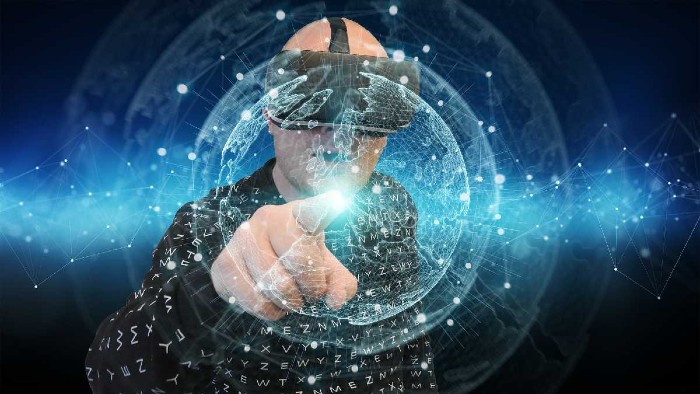 6. Gap between training offer and talent claim: metaverse and virtual reality technology are already applied in training programs of companies that want to provide their workers with new skills. Bank of America was one of the first to implement it with nearly 50,000 employees.
6. Gap between training offer and talent claim: metaverse and virtual reality technology are already applied in training programs of companies that want to provide their workers with new skills. Bank of America was one of the first to implement it with nearly 50,000 employees.
7. Access, digital and generational divide: the evolution of the metaverse requires high investments in technological infrastructure. Any educational institution that wants to evolve its contents and learning methodologies towards the metaverse will have to invest in these aspects if it does not want to generate exclusivity in its access and use. The development of the metaverse also involves understanding what immersive reality and a virtual world are. This is a challenge for any educational institution that proposes proposals for participants with a high age range.
8. New concept of educational environments: the introduction of the metaverse in the educational environment requires the reproduction of physical infrastructure in the digital environment. Currently, it is in a phase of imitation of these environments with the creation of digital graphic representations of physical structures.
9. Evolution of the role of student and teacher: the metaverse marks the step for a transformation in the role of the student (no longer defined as a receiver of the content, but also as a main actor) and in that of teacher (now it will fully occupy the role of facilitator).
10. Understanding new ways to capture attention: Stanford University founded the Virtual Human Interaction Lab in 2003, as a research center to understand the psychological effects on behavior of the use of augmented reality. The experience serves to highlight reflections on the activators of the participant's attention in a learning process.
11. Need to face the challenges involved for evaluation and monitoring: the metaverse significantly affects the evaluation and monitoring processes of the participants. This involves redefining the evaluation criteria, considering that the metaverse affects the way of obtaining and monitoring the evolution of the participants. Likewise, doubts arise about privacy and, finally, it will be necessary to take into account how group work will evolve.
12. New collaborators in the educational process: the metaverse in the field of education can have two options for materialization: an adaptation model, in which the content and methodology of educational models are adapted to the technology of the metaverse, or a transformation model, thanks to the generation of ecosystems integrated by universities and educational institutions, technology companies and companies.
13. Creation of standards: currently, there are several large technology companies that bet on this technology. It will be key to know if your proposal is made from common standards or if each company promotes its own standards.
14. Interoperability, blockchain and NFT: interoperability is one of the great challenges in the metaverse ecosystem. Ensuring that digital assets arising in one metaverse can be used in another will surely be one of the keys to their adoption.
"The potentialities of the metaverse in the educational field can be very relevant and, therefore, from the eLinC we have commissioned this first study", explains Sílvia Sivera, director of the eLinC of the UOC. "We will have to continue seeing how this world of alternative virtual reality brings differential values in the learning processes of the future, and also how it fits into face-to-face, hybrid and totally virtual educational models like ours," he concludes.
Analysis published by the Open University of Catalonia.



















































